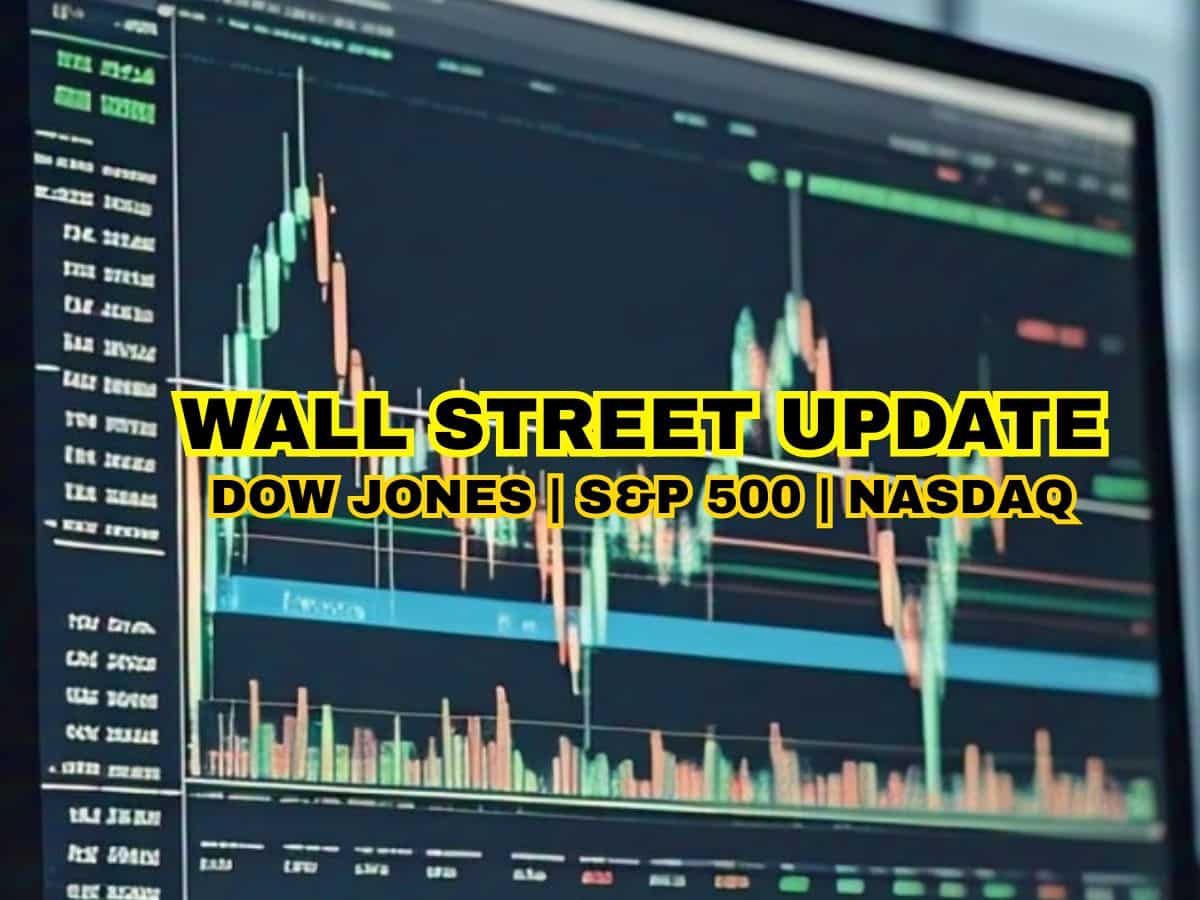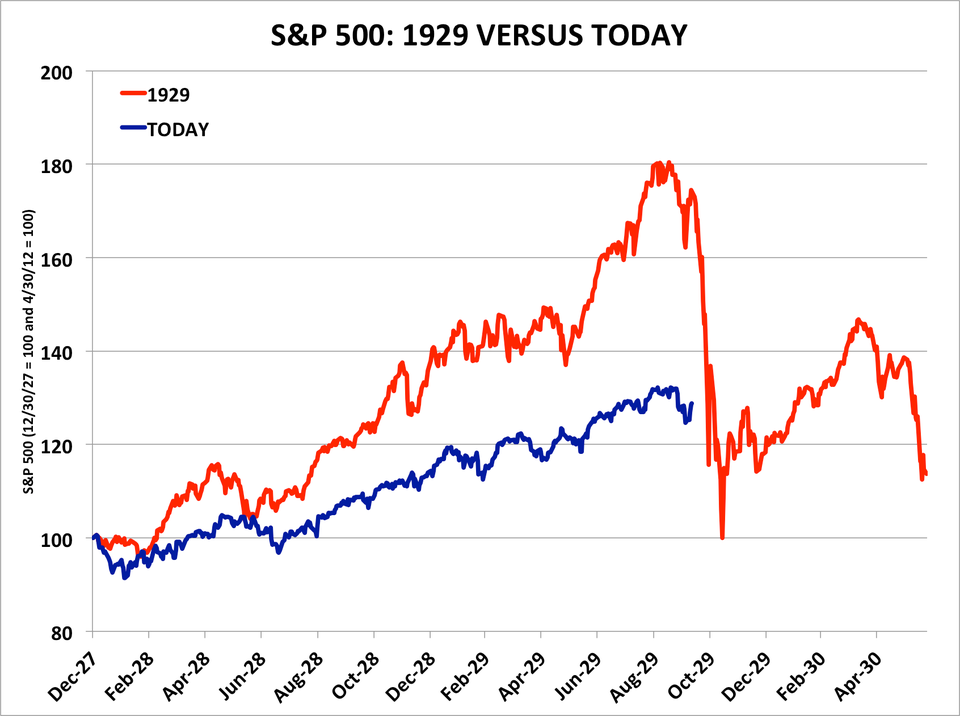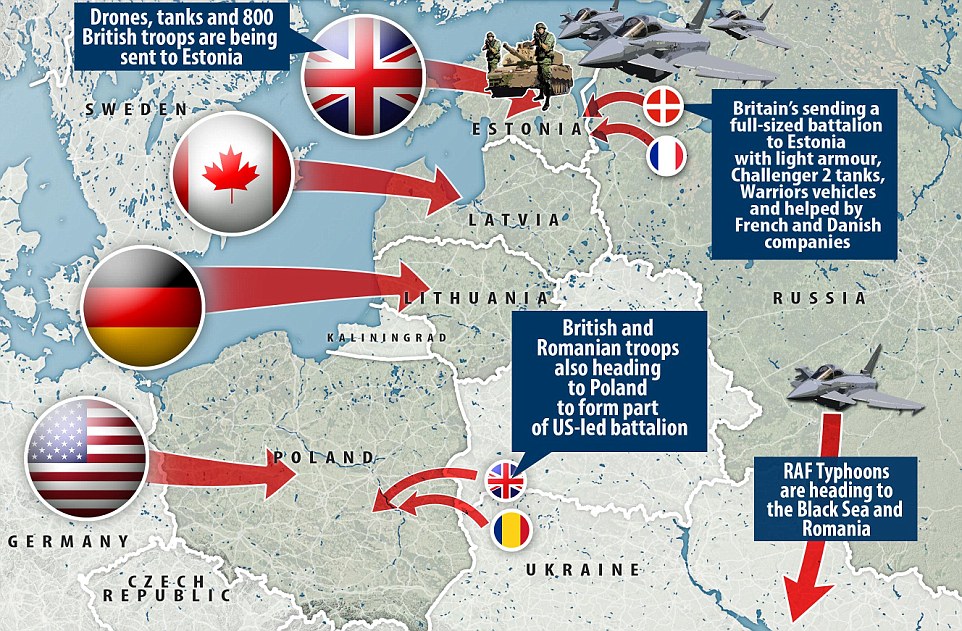US-China Trade War And Its Impact On Stock Market: Dow Futures And China's Economic Measures

Table of Contents
The US-China Trade War: Escalation and Impacts
Tariff Battles and Market Volatility
The US-China trade war unfolded in stages, beginning with the Trump administration's imposition of tariffs on various Chinese goods in 2018. This marked the start of a tit-for-tat exchange, with both countries imposing tariffs on billions of dollars worth of goods. This created significant market instability and impacted sectors like technology and agriculture disproportionately. The resulting market volatility heavily influenced Dow Futures trading, causing significant price fluctuations.
- Specific Tariffs and Impact: For example, tariffs on steel and aluminum initially sparked retaliatory measures from China, impacting US manufacturers and leading to stock price declines in related sectors. Subsequent tariffs on consumer goods further amplified market volatility.
- Dow Futures Reactions: The Dow Futures market reacted sharply to each escalation, often experiencing significant daily swings reflecting investor uncertainty and shifting sentiment.
Retaliatory Measures and Economic Consequences
China responded to US tariffs with its own retaliatory measures, targeting agricultural products and other goods crucial to the US economy. These economic sanctions had far-reaching consequences, impacting GDP growth, unemployment rates, and global supply chains in both countries.
- Chinese Retaliation: China's tariffs on soybeans and other agricultural products heavily impacted US farmers, leading to decreased exports and financial hardship for many.
- Global Supply Chain Disruption: The trade war disrupted global supply chains, leading to increased costs and delays for businesses worldwide. This uncertainty further fueled stock market volatility.
- Economic Data Impacts: Reports showed a slowdown in GDP growth in both countries as a result of the trade conflict, contributing to a climate of increased economic uncertainty.
Dow Futures and Market Sentiment
Analyzing Dow Futures' Response to Trade Tensions
Dow Futures contracts serve as a barometer of investor sentiment regarding the trade war. Price movements in Dow Futures often directly correlate with trade news and announcements. Traders utilize Dow Futures as a hedging tool to mitigate risk during periods of uncertainty.
- Specific Examples: Announcements of new tariffs or trade negotiations often caused immediate and significant shifts in Dow Futures prices, reflecting the market's reaction to the evolving situation.
- Hedging Strategies: Investors used Dow Futures to hedge against potential losses in their stock portfolios during periods of heightened trade war uncertainty.
Predicting Market Behavior in a Trade War Environment
Predicting market reactions to trade war events is exceptionally challenging. Numerous factors, including geopolitical events and investor confidence, influence market behavior. Diversifying investment portfolios becomes crucial during such periods.
- Challenges in Prediction: The unpredictable nature of trade negotiations and the complex interplay of economic and geopolitical factors make accurate market prediction extremely difficult.
- Factors Influencing Behavior: Investor sentiment, geopolitical risks, and unexpected policy changes significantly impact market reactions to trade war developments.
- Portfolio Diversification: Diversification is a key strategy for managing risk during periods of trade conflict, helping investors mitigate potential losses from specific sectors or markets.
China's Economic Response and Mitigation Strategies
Stimulus Packages and Economic Reforms
To mitigate the impact of the trade war, China implemented several economic stimulus packages, focusing on fiscal and monetary policies. These measures aimed to boost domestic demand and stabilize economic growth. Simultaneously, China pursued structural economic reforms to enhance long-term competitiveness.
- Stimulus Measures: These included infrastructure spending, tax cuts, and increased lending by state-owned banks to stimulate economic activity.
- Effectiveness Analysis: The effectiveness of these stimulus packages varied, with some economists arguing that their impact was limited due to pre-existing economic challenges.
Strengthening Domestic Demand and Technological Self-Reliance
China prioritized boosting domestic consumption and reducing reliance on foreign technology, initiatives reflected in policies such as "Made in China 2025." This strategy aims to foster technological independence and enhance China's global economic standing.
- Domestic Consumption Focus: Policies encouraged domestic consumption through various measures such as tax incentives and infrastructure development.
- Technological Advancement: Significant investments were made in research and development to promote technological advancement and reduce reliance on foreign technology.
Conclusion: Understanding the Lasting Impacts of the US-China Trade War on the Stock Market
The US-China trade war profoundly impacted the stock market, causing significant volatility in indices such as the Dow Futures. China's economic responses, including stimulus packages and a focus on domestic demand, aimed to mitigate the negative effects. However, the long-term implications of this trade conflict remain significant. Understanding China's ongoing economic strategies and their influence on global trade remains vital for investors. Stay informed about the ongoing US-China trade relations and their impact on the stock market, specifically focusing on Dow Futures and related indices, to make informed investment decisions. Analyze Dow Futures data and incorporate this knowledge into your investment strategies to better navigate the complexities of the global market.

Featured Posts
-
 Navigating The Trump Era The Upcoming Challenges For The Federal Reserve Chair
Apr 26, 2025
Navigating The Trump Era The Upcoming Challenges For The Federal Reserve Chair
Apr 26, 2025 -
 Todays Stock Market Assessing Dow Futures And Chinas Economic Response To Tariffs
Apr 26, 2025
Todays Stock Market Assessing Dow Futures And Chinas Economic Response To Tariffs
Apr 26, 2025 -
 The Karen Read Murder Trials A Year By Year Account
Apr 26, 2025
The Karen Read Murder Trials A Year By Year Account
Apr 26, 2025 -
 The Post Roe Reality The Significance Of Over The Counter Birth Control
Apr 26, 2025
The Post Roe Reality The Significance Of Over The Counter Birth Control
Apr 26, 2025 -
 Ukraines Future In Nato Trumps Reservations Explained
Apr 26, 2025
Ukraines Future In Nato Trumps Reservations Explained
Apr 26, 2025
